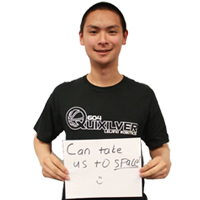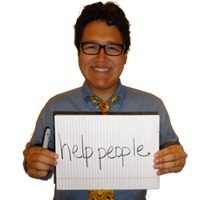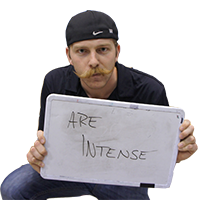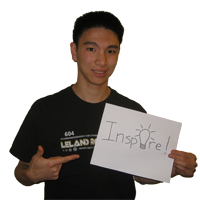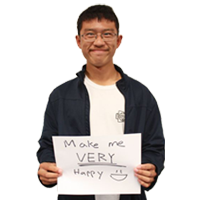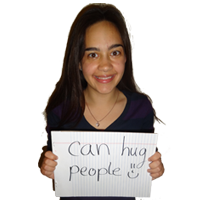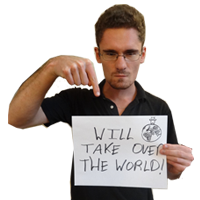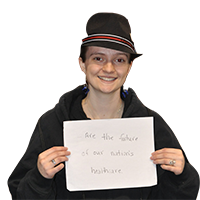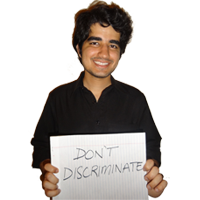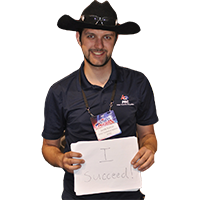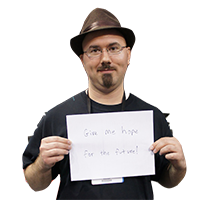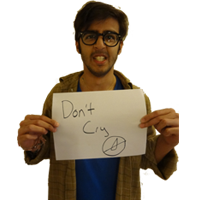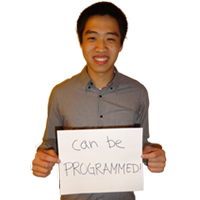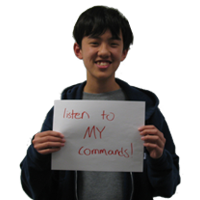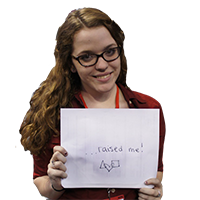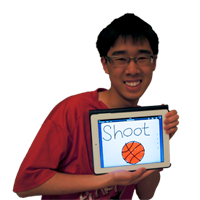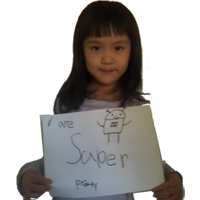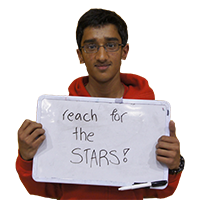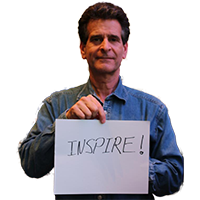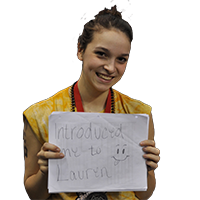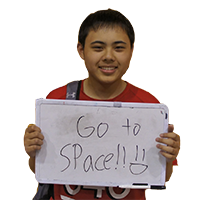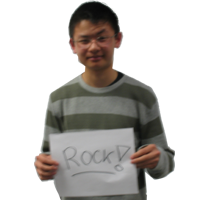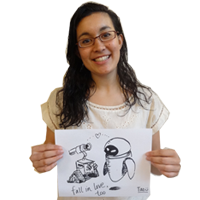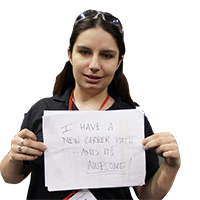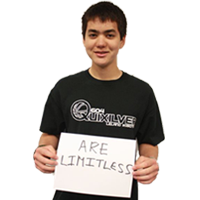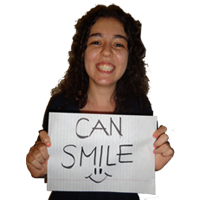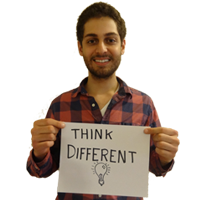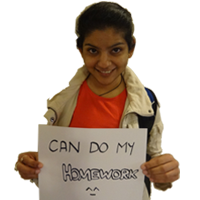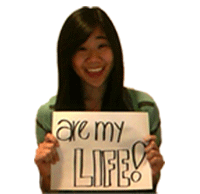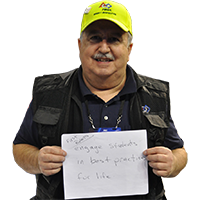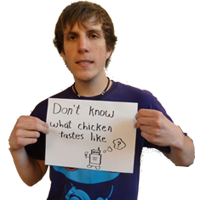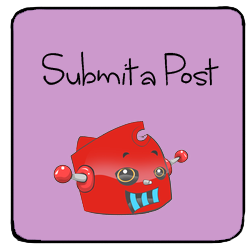Especially for small children, flu shots are a terrifying experience, with apparently terrible pain. This phase is quite crucial because studies show that children who experience distress in a medical setting are less likely to seek medical care in adulthood. The question is how to relive suffering, and this robot shows that such relieve evidently comes in the form of a robot.
Another video can be found here.
This robot is called MEDi, a NAO robot owned and programmed by researchers at the University of Calgary. The robot greets children with a high-five, collects toys from a tray, and talks with the patient, altogether acting as sort of a playmate.
One example of how the robot actually helps is when the robot asks the child to blow dust off of a rubber toy, at which point the doctor injects the flu shot. In medical terms, this exhaling relaxes the deltoid muscle and reduces the pain of injection, while appearing as a very natural interaction between child and robot.
This robot was the target of a scientific study, with 57 children ranging from 4 to 9 years old. These children were randomly assigned to one of two groups. The control group got the routine care for flu shots, while the other group had MEDi to interact with the child. Later, the children, parents, nurses, and researchers present in the cases rated how distressed the children seemed. The results are pretty interesting to say the least.
Not only did children who interacted with MEDi report significant pain reduction, children also recovered more quickly, relaxing almost immediately after injection, whereas control group children remained sullen for up to 20-30 minutes. Some parents also interacted with the robot cooperatively, working together to coordinate actions such as the dust-blowing.
The possibilities are endless in this case. Because MEDi has facial recognition capabilities, researchers are considering possibly making the robot greet children on subsequent visits, adding to the effect. MEDi is a pioneer in pediatric pain relief, and let us hope that this field will further expand so that children will experience the least suffering overall.

